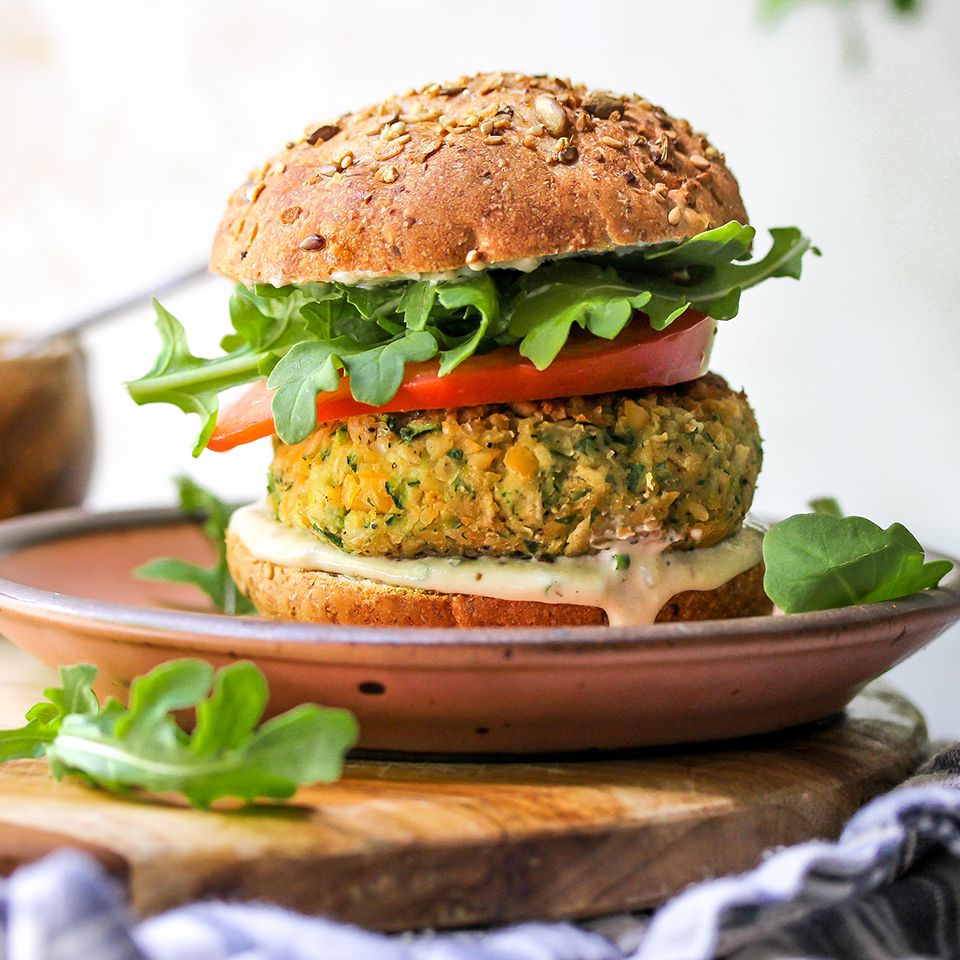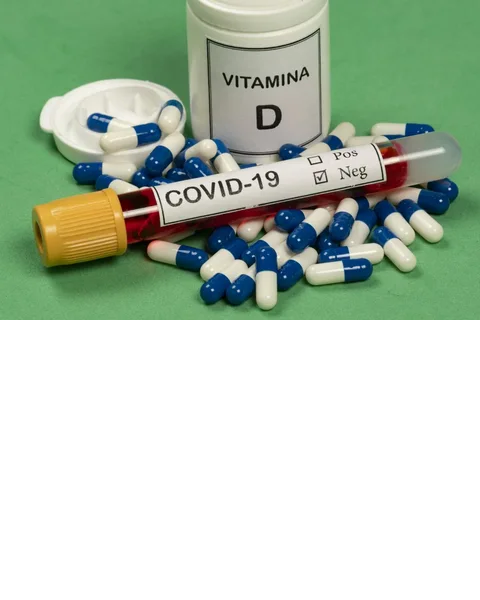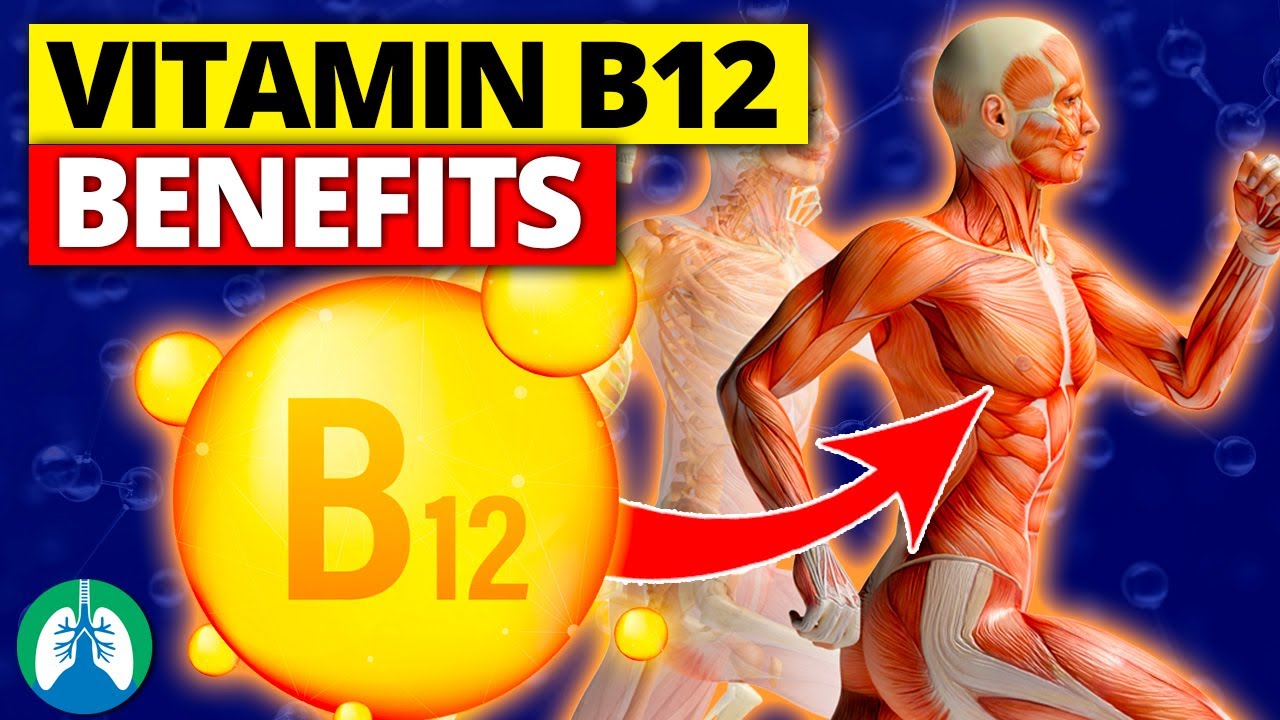Veggie burgers are plant-based patties made from a variety of ingredients, such as vegetables, legumes, grains, nuts, seeds, and spices. They aim to mimic the taste, texture, and appearance of traditional meat burgers while offering a healthier and more sustainable alternative. Veggie burgers are available in a wide range of flavors and styles, making them suitable for different dietary preferences and taste preferences.
The 8 Best Veggie Burgers
Beyond Burger by Beyond Meat
Ingredients: Pea protein, coconut oil, beet juice extract (for color), potato starch, natural flavors
Benefits: Plant-based, soy-free, gluten-free, non-GMO, high in protein
Flavor Profile: Juicy, meat-like texture with a savory taste
Impossible Burger by Impossible Foods
Ingredients: Soy protein concentrate, coconut oil, sunflower oil, potato protein, natural flavors
Benefits: Plant-based, soy-free, gluten-free, non-GMO, high in protein, contains heme for meat-like flavor
Flavor Profile: Juicy, meaty texture with a rich, umami flavor
Dr. Praeger’s California Veggie Burger
Ingredients: Carrots, onions, string beans, oat bran, soybeans, zucchini, peas, spinach, expeller-pressed canola oil, potato flakes
Benefits: Made with whole vegetables, low in saturated fat, good source of fiber
Flavor Profile: Hearty, vegetable-forward taste with a slightly crunchy texture
MorningStar Farms Spicy Black Bean Burger
Ingredients: Black beans, brown rice, onions, corn, tomatoes, red bell peppers, soy protein concentrate, wheat gluten, spices
Benefits: High in fiber, vegetarian, low in fat, cholesterol-free
Flavor Profile: Spicy and savory with a smoky undertone
Gardenburger Original Veggie Burger
Ingredients: Brown rice, onions, mushrooms, rolled oats, mozzarella cheese, bulgur wheat, spinach, carrots, red bell peppers, water chestnuts
Benefits: Made with whole grains and vegetables, low in fat, good source of fiber
Flavor Profile: Savory and satisfying with a hearty texture
Amy’s Kitchen All American Veggie Burger
Ingredients: Organic vegetables (potatoes, onions, carrots, celery, kale), mushrooms, bulgur wheat, oats, wheat gluten, soy protein, spices
Benefits: Organic ingredients, made with whole grains and vegetables, vegan, low in saturated fat
Flavor Profile: Classic burger taste with a blend of savory spices
Boca Original Vegan Veggie Burgers
Ingredients: Water, soy protein concentrate, wheat gluten, canola oil, soy protein isolate, malted barley extract, yeast extract, spices
Benefits: Vegan, cholesterol-free, low in saturated fat, good source of protein
Flavor Profile: Light and savory with a tender texture
Trader Joe’s Quinoa Cowboy Veggie Burger
Ingredients: Cooked quinoa, cooked black beans, onions, cooked brown rice, roasted corn, red bell peppers, carrots, expeller pressed canola oil, spices
Benefits: Made with whole grains and vegetables, gluten-free, vegan, high in fiber
Flavor Profile: Hearty and flavorful with a Southwestern-inspired blend of spices
How to Choose the Right Veggie Burger
When selecting a veggie burger, consider the following factors:
Ingredients
Look for veggie burgers made with whole, minimally processed ingredients, such as vegetables, legumes, grains, nuts, and seeds.
Nutritional Profile
Check the nutritional label for protein content, fiber content, sodium levels, and added sugars. Choose veggie burgers that are high in protein and fiber and low in saturated fat and sodium.
Allergens
If you have food allergies or sensitivities, be sure to check the ingredients list for common allergens such as soy, gluten, nuts, and dairy.
Flavor and Texture
Consider your taste preferences and desired texture when choosing a veggie burger. Some burgers may have a meat-like texture, while others may be more vegetable-forward or spicy.
Cooking Method:
Decide how you plan to cook your veggie burgers—whether grilling, pan-frying, baking, or microwaving—and choose a burger that holds up well to your preferred cooking method.
Cooking Tips for Veggie Burgers
To achieve the best flavor and texture when cooking veggie burgers, consider the following tips:
Preheat your cooking surface
Whether grilling, pan-frying, or baking, preheat your cooking surface to ensure even cooking and a crispy exterior.
Handle with care
Veggie burgers can be delicate, so handle them gently when flipping or transferring to avoid breakage.
Use oil or cooking spray
Brushing your cooking surface with oil or using cooking spray can help prevent sticking and promote browning.
Don’t overcrowd the pan
Leave space between veggie burgers when cooking to allow for even heat distribution and prevent overcrowding.
Cook to temperature
Follow package instructions for cooking times and internal temperature recommendations to ensure that your veggie burgers are fully cooked and safe to eat.
Frequently Asked Questions (FAQs)
Are veggie burgers healthy?
Veggie burgers can be a healthy option when made with whole, nutrient-rich ingredients and served as part of a balanced meal. Look for veggie burgers that are high in protein, fiber, and vitamins and low in saturated fat, sodium, and added sugars.
Are veggie burgers suitable for vegetarians and vegans?
Yes, veggie burgers are suitable for both vegetarians and vegans, depending on the ingredients used. Look for burgers labeled as vegetarian or vegan, and check the ingredients list to ensure they meet your dietary preferences.
Can I grill veggie burgers?
Yes, many veggie burgers can be grilled for a smoky flavor and charred exterior. Use a grill pan or grill basket to prevent the burgers from falling through the grates, and cook them over medium-high heat until heated through and crispy on the outside.
Can I freeze veggie burgers?
Yes, veggie burgers can be frozen for future use. Place cooked or uncooked veggie burgers in an airtight container or freezer bag, and store them in the freezer for up to three months. Thaw frozen veggie burgers in the refrigerator before cooking.
Are veggie burgers environmentally friendly?
Veggie burgers generally have a lower environmental impact than traditional meat burgers, as they require fewer resources, produce fewer greenhouse gas emissions, and have a smaller ecological footprint. Choosing veggie burgers over meat burgers can help reduce your carbon footprint and support sustainability efforts.
How do I know when veggie burgers are cooked?
Veggie burgers are typically cooked when heated through and golden brown on the outside. Follow package instructions for cooking times and internal temperature recommendations, or use a meat thermometer to ensure that the burgers reach a safe internal temperature of 165°F (74°C).
Can I make my own veggie burgers at home?
Yes, you can make homemade veggie burgers using a variety of ingredients, such as beans, lentils, quinoa, vegetables, and spices. Experiment with different recipes and flavor combinations to create custom veggie burgers tailored to your taste preferences and dietary needs.
Conclusion
Veggie burgers offer a delicious, nutritious, and environmentally friendly alternative to traditional meat burgers. With a wide variety of flavors, textures, and ingredients to choose from, there’s a veggie burger to suit every palate and dietary preference. By selecting high-quality veggie burgers made with whole, minimally processed ingredients and cooking them to perfection, you can enjoy a satisfying and flavorful burger experience that’s good for you and the planet. Whether you’re vegetarian, vegan, or simply looking to incorporate more plant-based meals into your diet, veggie burgers are a tasty and versatile option that’s sure to please.
- Lip Flip Treatment Near Horsell, Surrey - May 8, 2025
- Dermal Fillers Near Chessington, Surrey - May 8, 2025
- Jowl Treatment Near Ash, Surrey - May 6, 2025




